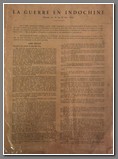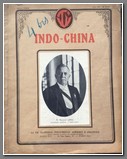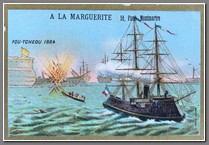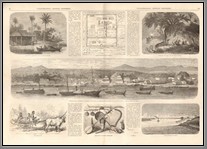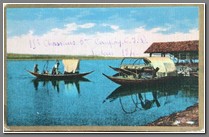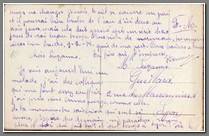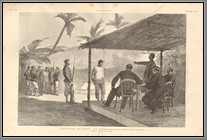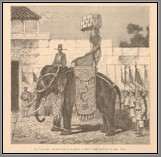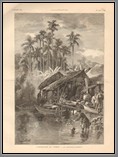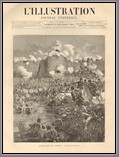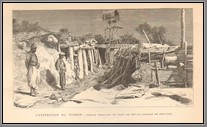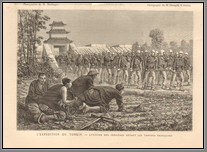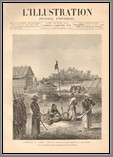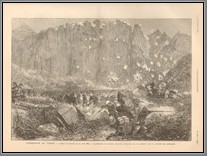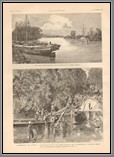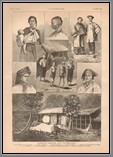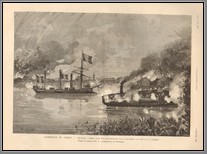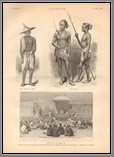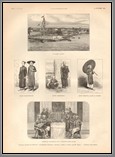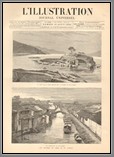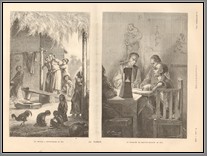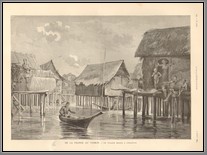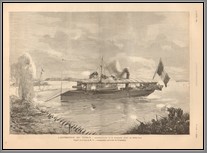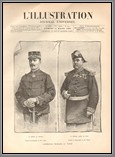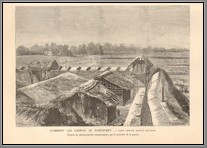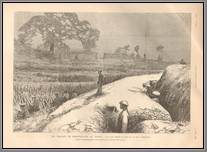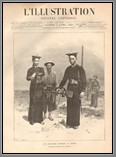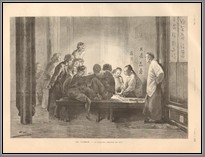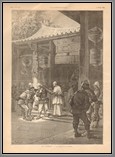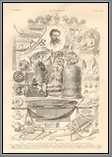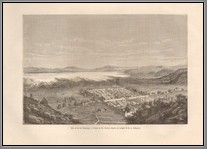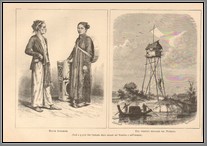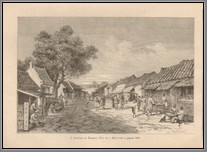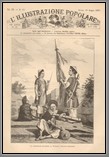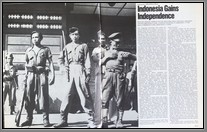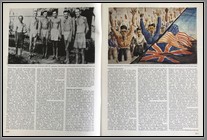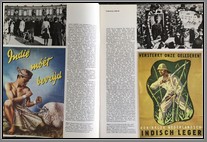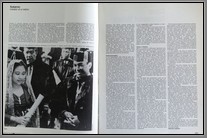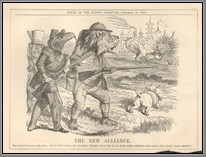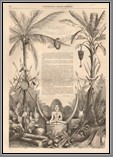Indochina
Collection of 35 illustrations from French and Italian periodicals on the early French incursion into Cambodia. Much on the looting of antiquities. B
Price: $990.00
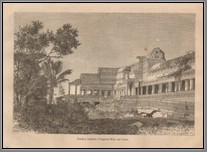 SEA 186 SEA 186 | 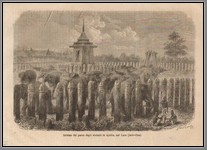 SEA 186 SEA 186 | 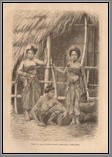 SEA 186 SEA 186 | 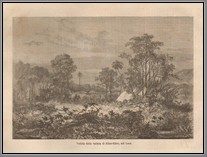 SEA 186 SEA 186 |
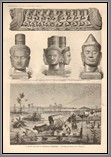 SEA 186 SEA 186 | 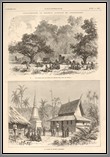 SEA 186 SEA 186 | 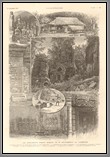 SEA 186 SEA 186 | 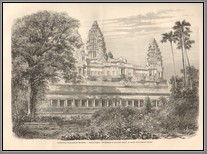 SEA 186 SEA 186 |
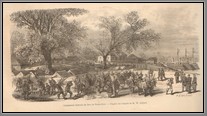 SEA 186 SEA 186 | 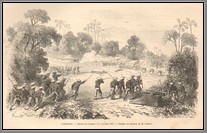 SEA 186 SEA 186 | 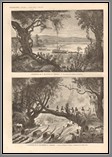 SEA 186 SEA 186 |  SEA 186 SEA 186 |
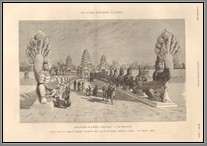 SEA 186 SEA 186 | 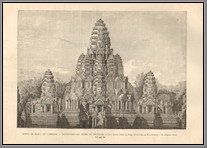 SEA 186 SEA 186 | 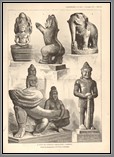 SEA 186 SEA 186 | 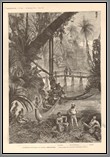 SEA 186 SEA 186 |
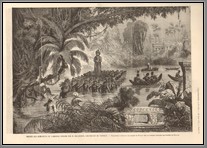 SEA 186 SEA 186 | 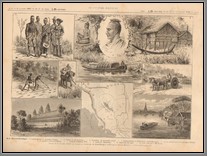 SEA 186 SEA 186 | 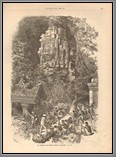 SEA 186 SEA 186 | 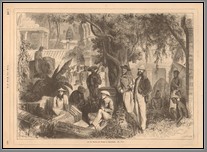 SEA 186 SEA 186 |
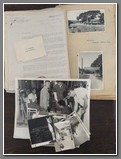 MDH 120
MDH 120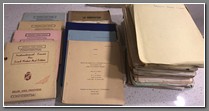 MDH 120Fascinating archive from the estate of Jean Pierre Freulon, who was the key person responsible for establishing a prosthetic workshop in Laos in 1959. He returned to help establish the Centre D’Orthopedie du Laos in the early 1960’s. Over 130 unique photos and an archive of correspondence from 1960-1963 between Freulon and the Laotian authorities as well as various French government ministries, correspondence with the director of the Bureau des Anciens Combattants, job descriptions for positions the government was seeking to fill, the list of 14 top Laotian government and military personnel meeting with Freulon, list of amputees by province, some letters marked TOP SECRET or CONFIDENTIAL, minutes of the meeting of the Rotary Club of Phnom-Penh held on March 24, 1971, May 26, 1971 and June 4, 1971, a list of designated suppliers and supplies showing contract amounts, a 6 page technical notice relating to the services to the Centre de Readaptation, photos of the small model of the new Center. The photos all focus on the production of prosthetics and rehabilitation as well as a visit by Bob Evans from the Asia Foundation. Prince Souvanna Phouma, premier of Loas, attends the opening of the Centre. The archive measures 26cm in height. A rare subject on the eve of US involvement in Vietnam.
MDH 120Fascinating archive from the estate of Jean Pierre Freulon, who was the key person responsible for establishing a prosthetic workshop in Laos in 1959. He returned to help establish the Centre D’Orthopedie du Laos in the early 1960’s. Over 130 unique photos and an archive of correspondence from 1960-1963 between Freulon and the Laotian authorities as well as various French government ministries, correspondence with the director of the Bureau des Anciens Combattants, job descriptions for positions the government was seeking to fill, the list of 14 top Laotian government and military personnel meeting with Freulon, list of amputees by province, some letters marked TOP SECRET or CONFIDENTIAL, minutes of the meeting of the Rotary Club of Phnom-Penh held on March 24, 1971, May 26, 1971 and June 4, 1971, a list of designated suppliers and supplies showing contract amounts, a 6 page technical notice relating to the services to the Centre de Readaptation, photos of the small model of the new Center. The photos all focus on the production of prosthetics and rehabilitation as well as a visit by Bob Evans from the Asia Foundation. Prince Souvanna Phouma, premier of Loas, attends the opening of the Centre. The archive measures 26cm in height. A rare subject on the eve of US involvement in Vietnam.
Price: $9000.00
Collection of 51 illustrations from French periodicals of the Sino-French War, 1883-1885. B
Price: $990.00
Note: Sino-French War, conflict between China and France in 1883–85 over Vietnam, which disclosed the inadequacy of China’s modernization efforts and aroused nationalistic sentiment in southern China.
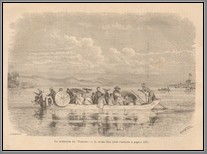 SEA 185
SEA 185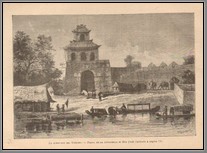 SEA 185The French had already begun to encroach on Vietnam, China’s major protectorate in the south, and by 1880 France controlled the three southern provinces, known as Cochinchina. In the 1880s the French began to expand northward in Vietnam, stationing troops in Hanoi and Haiphong. The Chinese responded by building up their forces in the area and engaging the French in a series of limited battles.
SEA 185The French had already begun to encroach on Vietnam, China’s major protectorate in the south, and by 1880 France controlled the three southern provinces, known as Cochinchina. In the 1880s the French began to expand northward in Vietnam, stationing troops in Hanoi and Haiphong. The Chinese responded by building up their forces in the area and engaging the French in a series of limited battles.
In 1882 the great Chinese statesman Li Hongzhang negotiated an agreement with France in which the two countries agreed to make the area a joint protectorate. That agreement, however, was rejected by Paris, which dispatched additional troops to Tonkin (Tongking; northern Vietnam).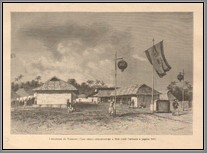 SEA 185
SEA 185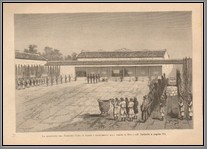 SEA 185Meanwhile, a war party emerged within the Qing government in China and began to pressure the court to take a harder line. But Chinese reinforcements were quickly defeated by the French (1883), and the wavering court attempted to seek a new settlement.
SEA 185Meanwhile, a war party emerged within the Qing government in China and began to pressure the court to take a harder line. But Chinese reinforcements were quickly defeated by the French (1883), and the wavering court attempted to seek a new settlement.
The subsequent Li–Fournier Convention called for the admittance of French trade through the Tonkin area, the withdrawal of Chinese troops from the area, and the recognition of French rights in Tonkin. In return, China was not required to pay any indemnity. 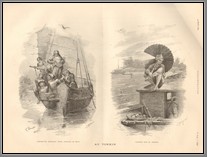 SEA 185Meanwhile, the war party again became dominant in China, and it refused to accept any loss of sovereignty over Vietnam. Hostilities were therefore resumed. Zhang Zhidong, one of the leading hawks, was appointed to take command of the land forces. He was successful against French forces that had attempted to advance north into southern China, but at sea the new Chinese fleet of 11 steamers was destroyed. The great Fuzhou(Foochow) shipyard, which China had built with French aid, was also demolished. A peace treaty was finally signed at Paris in 1885 in which China agreed to recognize the Li–Fournier agreement.
SEA 185Meanwhile, the war party again became dominant in China, and it refused to accept any loss of sovereignty over Vietnam. Hostilities were therefore resumed. Zhang Zhidong, one of the leading hawks, was appointed to take command of the land forces. He was successful against French forces that had attempted to advance north into southern China, but at sea the new Chinese fleet of 11 steamers was destroyed. The great Fuzhou(Foochow) shipyard, which China had built with French aid, was also demolished. A peace treaty was finally signed at Paris in 1885 in which China agreed to recognize the Li–Fournier agreement.
Collection of 31 illustrations from French and English periodicals relating to the initial establishment of French dominance in what later became French Indochina. It covers the period 1857-1866. B
Price: $800.00
Note: The French colonial empire was heavily involved in Vietnam in the 19th century; often French intervention was undertaken in order to protect the work of the Paris Foreign Missions Society in the country. For its part, the Nguyễn dynasty increasingly saw Catholic missionaries as a political threat; courtesans, for example, an influential faction in the dynastic system, feared for their status in a society influenced by an insistence on monogamy.
In 1858, the brief period of unification under the Nguyen dynasty ended with a successful attack on Da Nang by French Admiral Charles Rigault de Genouillyunder the orders of Napoleon III. 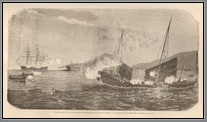 SEA 184
SEA 184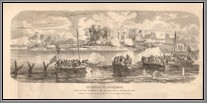 SEA 184Diplomat Charles de Montigny's mission having failed, Genouilly's mission was to stop attempts to expel Catholic missionaries. His orders were to stop the persecution of missionaries and assure the unimpeded propagation of the faith.
SEA 184Diplomat Charles de Montigny's mission having failed, Genouilly's mission was to stop attempts to expel Catholic missionaries. His orders were to stop the persecution of missionaries and assure the unimpeded propagation of the faith.
In September 1858, fourteen French gunships, 3,000 men and 300 Filipino troops provided by the Spanish] attacked the port of Tourane (present day Da Nang), causing significant damage and occupying the city. After a few months, Rigault had to leave the city due to supply issues and illnesses. Sailing south, de Genouilly then captured the poorly defended city of Saigon on 18 February 1859. On 13 April 1862, the Vietnamese government was forced to cede the three provinces of Bien Hoa, Gia Dịnh and Dịnh Tuong to France. 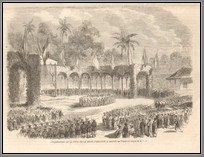 SEA 184
SEA 184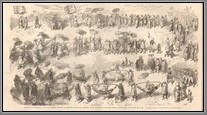 SEA 184De Genouilly was criticised for his actions and was replaced by Admiral Page in November 1859, with instructions to obtain a treaty protecting the Catholic faith in Vietnam, but refrain from territorial gains.
SEA 184De Genouilly was criticised for his actions and was replaced by Admiral Page in November 1859, with instructions to obtain a treaty protecting the Catholic faith in Vietnam, but refrain from territorial gains.
French policy four years later saw a reversal, with the French continuing to accumulate territory. In 1862, France obtained concessions from Emperor Tu Duc, ceding three treaty ports in Annam and Tonkin, and all of Cochinchina, the latter being formally declared a French territory in 1864. In 1867 the provinces of Chau Doc, Ha Tien and Vinh Long were added to French-controlled territory.
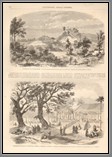 SEA 184 SEA 184 | 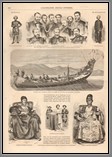 SEA 184 SEA 184 | 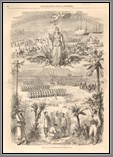 SEA 184 SEA 184 | 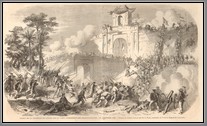 SEA 184 SEA 184 |
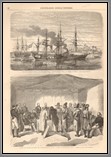 SEA 184 SEA 184 | 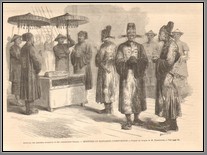 SEA 184 SEA 184 | 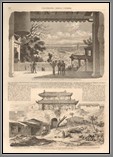 SEA 184 SEA 184 | 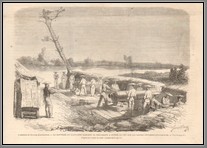 SEA 184 SEA 184 |
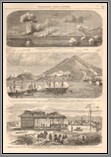 SEA 184 SEA 184 | 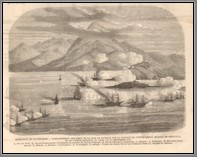 SEA 184 SEA 184 | 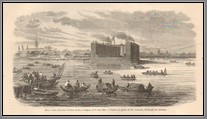 SEA 184 SEA 184 | 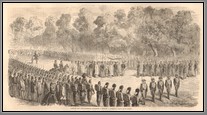 SEA 184 SEA 184 |
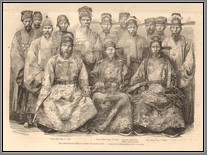 SEA 184 SEA 184 | 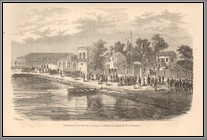 SEA 184 SEA 184 | 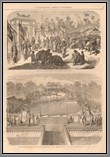 SEA 184 SEA 184 | 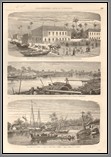 SEA 184 SEA 184 |

